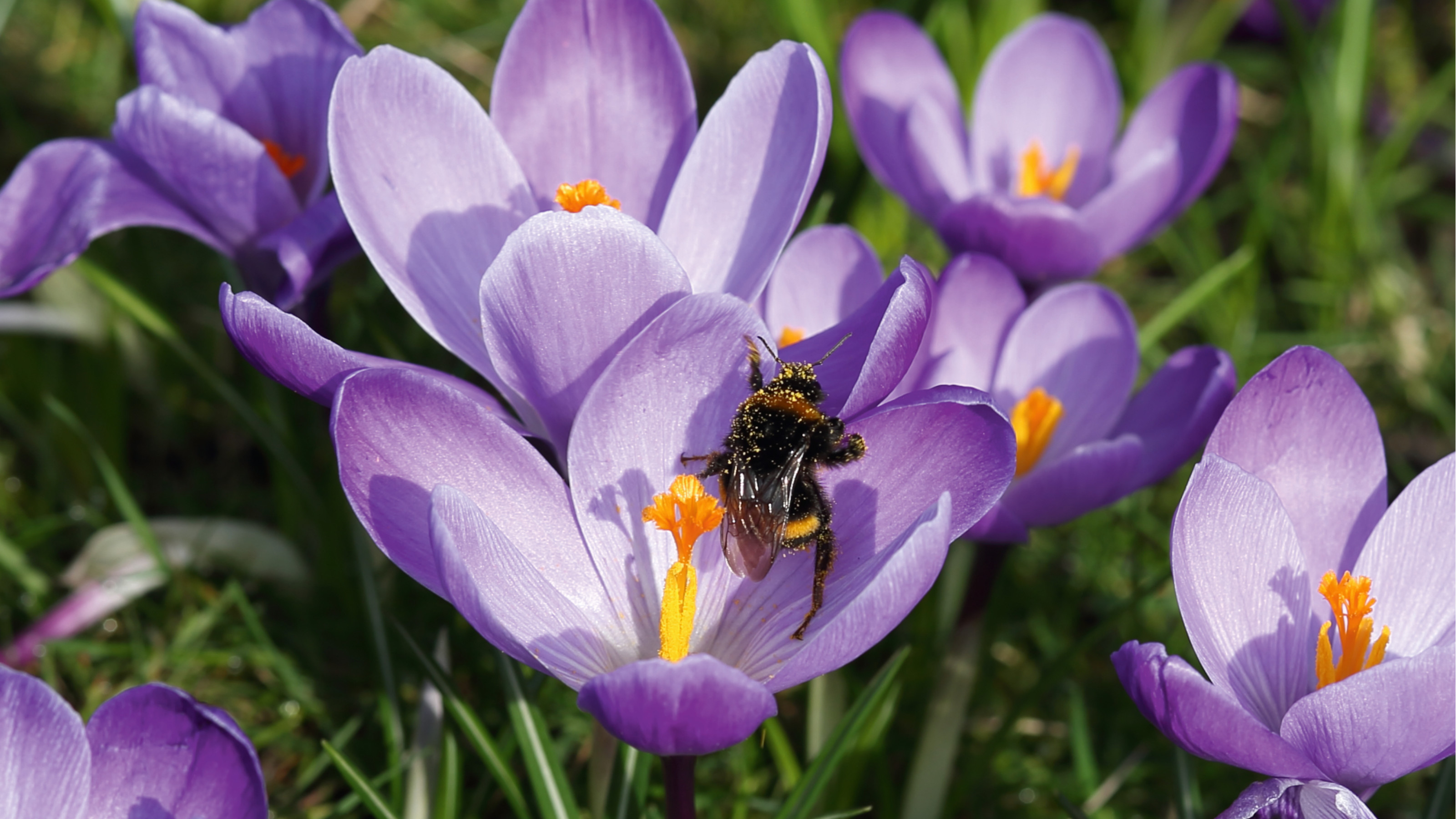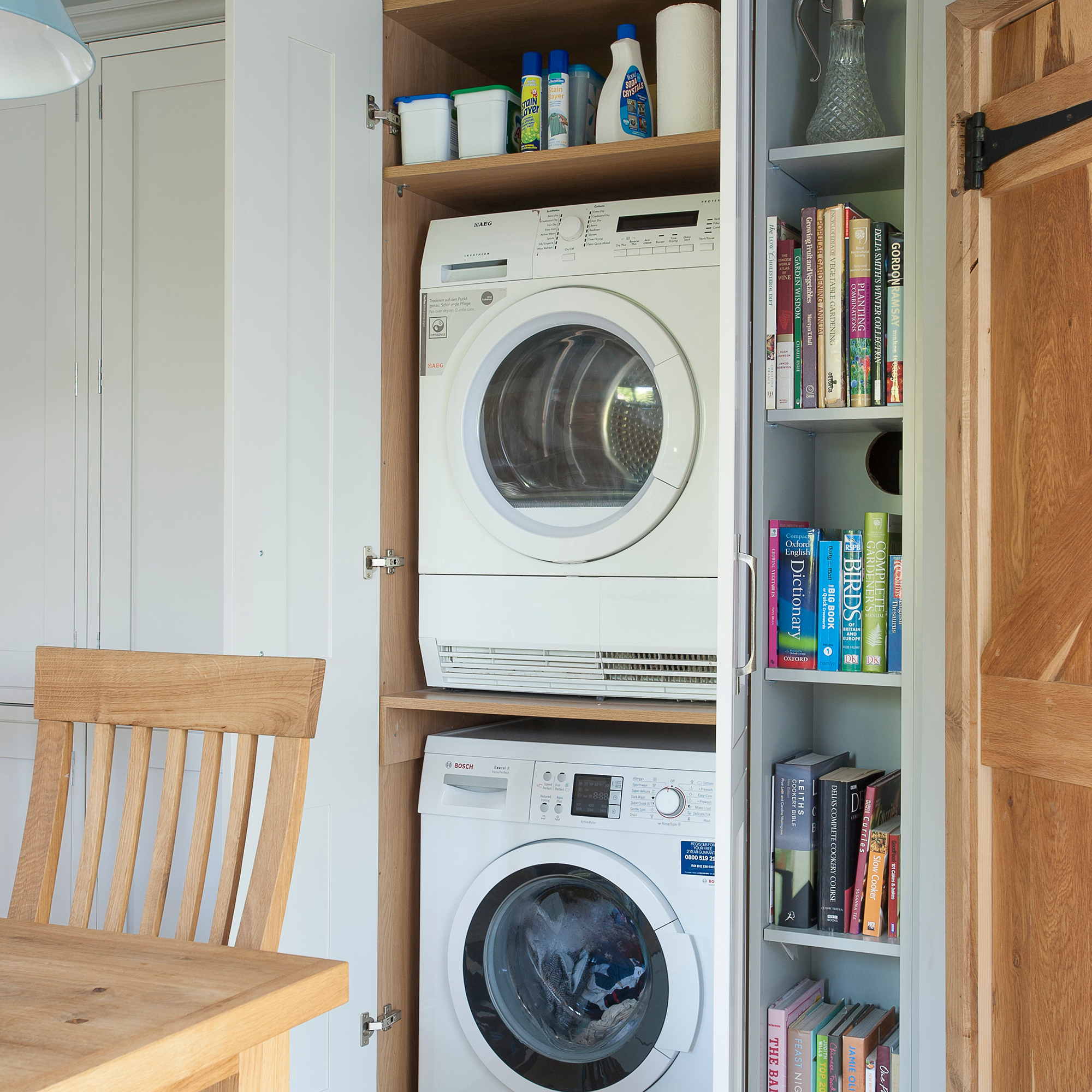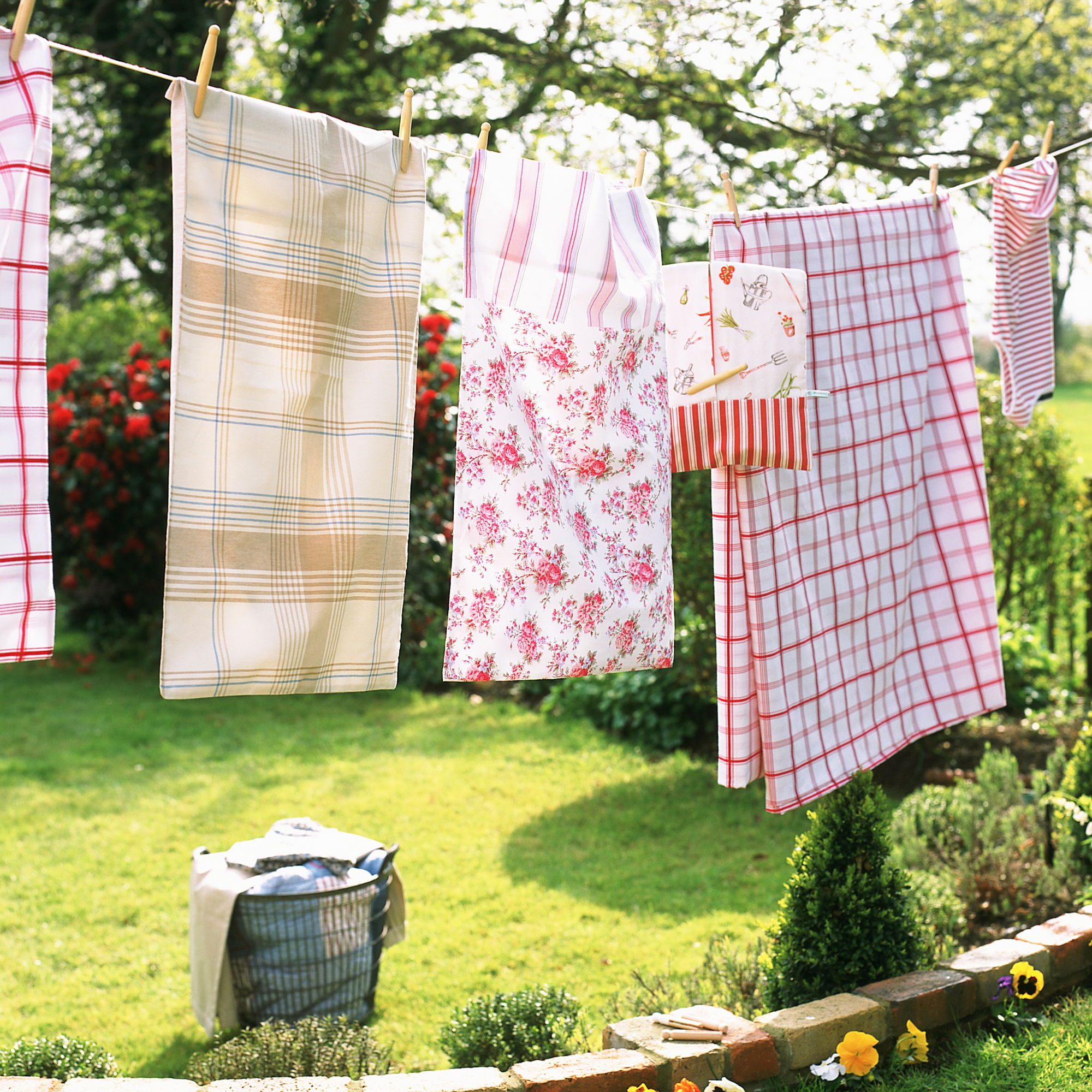Suffering from hay fever? The cleaning mistakes that could be making things worse
If your your hay fever feels particularly bad this summer you might want to rethink how you clean...


Sign up to our newsletter for style inspiration, real homes, project and garden advice and shopping know-how
You are now subscribed
Your newsletter sign-up was successful
The sun is out, and with it - unfortunately - comes the return of sneezing, streaming noses, and puffy red eyes for many hay fever sufferers.
While summer (and our gardens) usually brings plenty of fun things, increased pollen levels are certainly not one of them. But did you ever consider that there may be a few habits you're employing around the house that could be making your hay fever worse?
That's right – even if you're taking your anti-allergy meds, there are a few cleaning mistakes you may be making that could be exacerbating your hay fever symptoms.
The 3 cleaning mistakes that could be worsening your hay fever
Though hay fever is an unavoidable fact of life for some, the rate at which you clean your bedroom and your bedding – as well as where you dry said bedding – could be making your symptoms worse than they need to be.
According to Dr Lindsay Browning, neurologist, psychologist and sleep expert at And So To Bed, not washing all of your bedding, such as your duvet covers, regularly enough could be one of the three mistakes you may unknowingly be making.
'Humans shed 200 million skin cells every hour, which is what makes up dust, along with other things,' says Lindsay. 'Failing to wash your bedding regularly can cause allergens such as pollen and dust to accumulate in your bedding.'

'When you sleep, you inhale these allergens, which can trigger hay fever symptoms such as sneezing, coughing and a running nose – also making it difficult to sleep.' In order to avoid this, Dr. Lindsay suggests washing your bedding at least once a week on a hot wash.
Sign up to our newsletter for style inspiration, real homes, project and garden advice and shopping know-how
Lucy Ackroyd, Head of Design at Christy, also recommends that you don't leave your mattress protector out of your washing schedule, too.
'Generally, you should wash your mattress protector every other month. However, people who suffer from seasonal allergies should wash their mattress protectors more regularly, around once a month, to prevent any reactions. Thankfully, you can also buy anti-allergy mattress protectors that do a better job of protecting against dust.'

Similarly, not deep cleaning your home, and specifically your bedroom often enough, can also be a big no-no when dealing with hay fever.
'Dust contains common triggers for hay fever such as pollen, mould spores and dust mites,' explains Abbas Kanani, pharmacist at Chemist Click online pharmacy. 'If your bedroom is not cleaned regularly, dust will accumulate on surfaces, increasing your exposure to these allergens.
'As you spend a lot of time in your bedroom, you can easily come into contact with these allergens, leading to an increased allergic reaction and worsening hay fever symptoms.'
'It is recommended that your mattress is hoovered frequently along, with your general bedroom area,' says Dr Helen Evans-Howells, a GP who specialises in allergies. 'We would also recommend damp dusting to lower the amount of allergen (substance which you are allergic to) in your immediate surroundings.'

Finally, while there’s not much lovelier than hanging your washing outside on a warm summer’s day, it might not be the best idea for hay fever sufferers. 'Pollen can be easily picked up by warm air and cling to your washing outside,' says Dr Lindsay.
In fact, there are certain times of the day (and year) which are preferable for hanging washing outside if you want to minimise pollen exposure.
'Pollen is usually high in the early morning, falling back down in the evening,' explains Dr Lindsay. 'We would recommend hanging your washing to dry in the middle of the day, when there tends to be less pollen lower to the ground. Also, avoid hanging your clothes in areas with high levels of pollen, such as near trees, flowers, or grass.'
'In the UK, tree pollen season tends to run from around February to June, and grass pollen season runs from mid-May to July,' adds Dr Helen. 'During these times, anyone suffering with hay fever would be advised to dry their washing indoors, if possible.'

Amy Hunt is an experienced digital journalist and editor, now working in a freelance capacity specialising in homes and interiors, wellness, travel and careers. She was previously Lifestyle Editor at woman&home, overseeing the homes, books and features sections of the website. Having worked in the industry for over eight years, she has contributed to a range of publications including Ideal Home, Livingetc, T3,Goodto, Woman, Woman’s Own, and Red magazine.